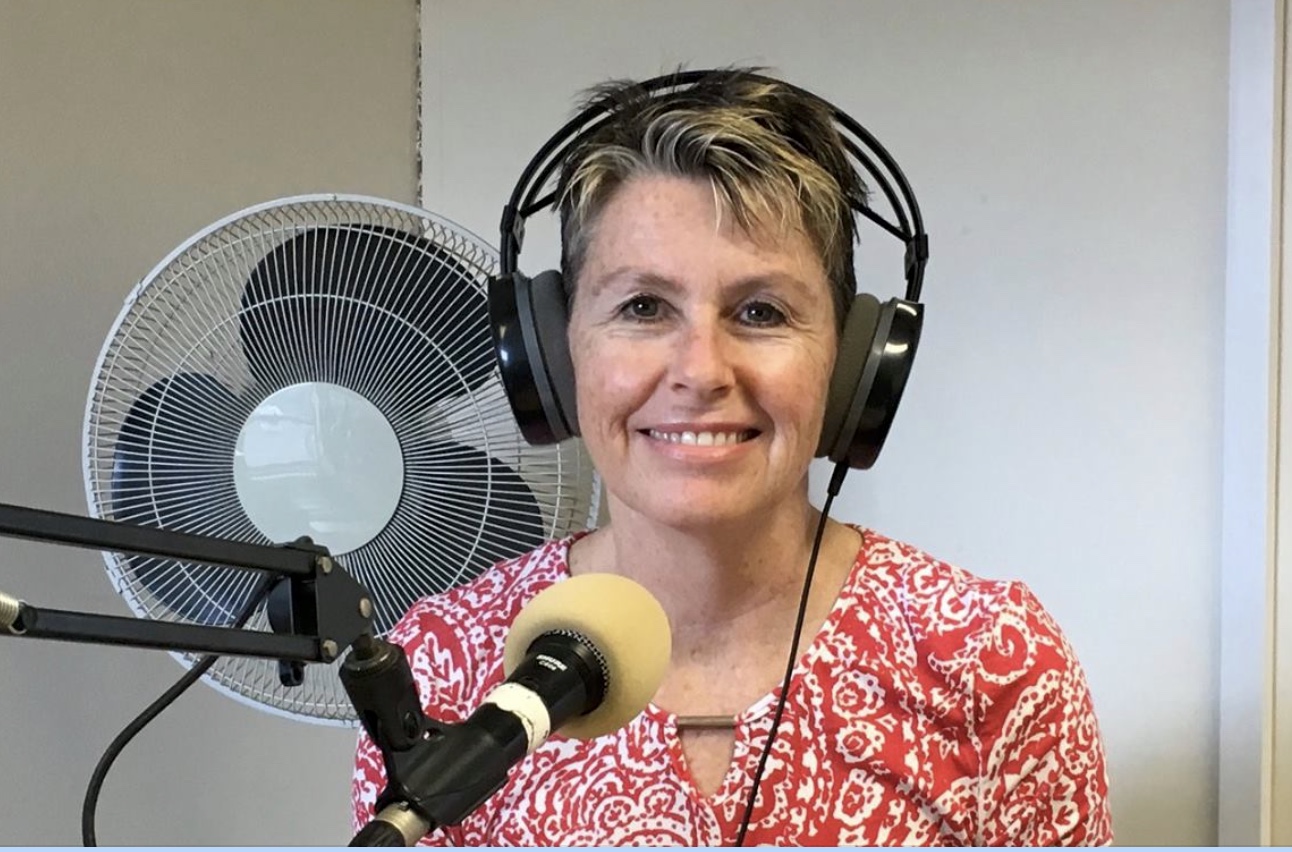Number One – What IS peri-menopause?
Women really need to know what the difference is between perimenopause and menopause because there is massive confusion there is around these terms.
The way I have learn about it, that I think is the easiest to relate to, is if you think about going back to puberty. Puberty does not happen overnight. As you all know, you don’t go from twelve to sixteen overnight – it takes years, it takes a really long time. Puberty starts and the hormone line starts going up and down, quite dramatically when you start your periods until the massive hormone fluctuations stop after a while.
Now those puberty peaks and troughs are much more like the peri-menopause phase. Of course in pregnancy you get massive mood swings but it only lasts 9 months, unless you are an elephant.
Peri-menopause can start at around 35 when your progesterone and estrogen start lowering, you need to think of it as exactly the same as you did for puberty. It lasts about the same length of time – between 6-10 years on average. You still get periods but they may start altering – fewer, more, heavier, lighter and start getting mood swings and anxiety.
The peri-menopause phase can be the time when women are actually really vulnerable and it’s absolutely awful first because of the symptoms and second because of fear and ignorance. Most women have no information at all about what to expect whatsoever.
By the time you get to the menopause phase, you are likely to have talked to someone, seen a doctor and got some info. The symptoms in peri-menopause are very sneaky and can catch women off guard in their late 30s and early 40s. That is when you need to be informed. There is no reason to have awful symptoms and also be ignorant so you need to be prepared. You can get mood swings, forgetfulness, brain fog, you wonder how you ever got a job, let alone were able to do it becuase you suddenly feel that you are unable to do anything even the most basic tasks, you gain weight, you get insomnia. Real issues which are all hormone driven. So that is what happens in the peri-menopause phase.
So basically in your 40s you really need to know about this and take really good care of yourself. Imagine not knowing how you got pregnant?
Number Two – How do you know when you are in menopause?
Those big hormone swings do calm down and when your periods do finally stop the hormone fluctuation curve is much gentler as the estrogen and progesterone levels have lowered.
Then in your 50s, your hormones are generally not fluctuating so much, basically you are getting older so you need to make a plan to age well. You don’t want to slip down a hormonal rollercoaster. We have 35 years, 35 years – it is ages…
I like to use Dr Tara Allmen’s definition of Menopause, she says that menopause technically starts one year after you have finished your periods. Now that is the common definition but what I like about what she says is the bit she adds on the end – which is that menopause is one year from when your periods end till the day you die.
I have to say that when I heard her say that, I thought blimey! Now generally the average life expectancy of a healthy woman is now 85 years, and the average of menopause is 51. So we have a long time in menopause, so we need to prepare for the two proactively.
Number Three – You need to make the lifestyle changes
So a big thing is that lots of women don’t have a plan for this phase of their life. Not even a bad one. I didn’t either before I realised how important it was to have a sense of purpose and that gives you back your va va voom. Along with you having to ditch the sugar, you have got to learn to manage your stress, you have got to exercise more if you don’t already. In other words – do all the things you have been putting off.
Number Four – You need to maintain the changes
I can tell you now that your body stops being so forgiving to you, if you keep abusing it. So you have to woman up and make those changes. Really make those changes and maintain them. Don’t just pretend for one day. So that is why we have to discuss health for women over 40 so that you can plan these parts of your life confidently.
Number Five – Friend power, not doctor power
The other thing you need to stop expecting is that doctors can somehow fix us. There is a tendency when you go down the doctor route for HRT and anti-depressants. Now of course there is a place for these, but certainly from what I have learnt and heard from dozens of other women, is that medication without the lifestyle changes just isn’t enough. Many doctors don’t know what to do with women over 40 anyway, as the guidelines were only introduced in the UK in late 2016. Great to have guidelines BUT it usually takes about 5-10 years for them to be implemented….
So introduce the lifestyle changes you have been avoiding so that you can kick ass and sort out the planet because basically that IS the job of menopausal women…..
Deborah Crowe
Menopause Coach
Author of The Darling Menopause Series
www.deborahjcrowe.com www.facebook.com/groups/MenopauseBreakthroughForCareerDrivenWomen


